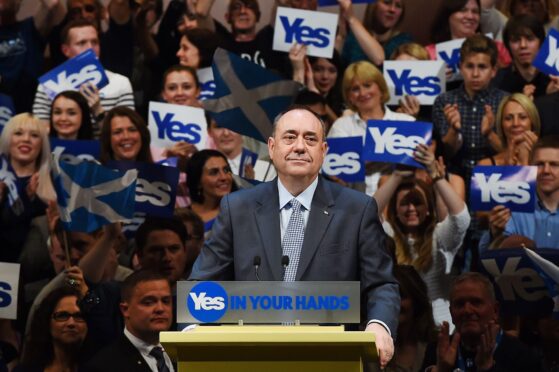
Former First Minister Alex Salmond, the man who took Scotland to the brink of independence, has died aged 69.
The nationalist stalwart was speaking at the Institute for Cultural Diplomacy Forum in Ohrid, North Macedonia, on a panel on Friday morning alongside his Alba deputy Tasmina Ahmed-Sheikh.
The event on Friday morning was titled Young Leaders for International Cooperation, Cultural Understanding & Peace.
Salmond, who led Scotland from 2007 to 2014, is thought to have been at the event again on Saturday when he collapsed and died, suffering a suspected heart attack.
He is survived by his wife of more than four decades, Moira McGlashan, who was 17 years his elder.
Salmond, a two-time SNP leader and current Alba leader, will be remembered as one of the most significant and polarising figures in modern Scottish history.
It was Salmond who took the Scottish National Party from the political and electoral fringe, to a mainstream player and eventually to government.
Two years after securing a majority for his party at Holyrood for the first time, he came within touching distance of realising his lifelong dream as Scots turned out to vote in the 2014 Scottish independence referendum.
Ultimately, the country chose to go in a different direction but he was to remain a towering figure in Scottish public life until his death.
First Minister and current SNP leader John Swinney was among those to pay tribute to Salmond’s legacy.
He said: “I am deeply shocked and saddened at the untimely death of the former First Minister Alex Salmond, and I extend my deepest condolences to Alex’s wife Moira and to his family.
“Over many years, Alex made an enormous contribution to political life – not just within Scotland, but across the UK and beyond.
“Alex worked tirelessly and fought fearlessly for the country that he loved and for her Independence. He took the Scottish National Party from the fringes of Scottish politics into government and led Scotland so close to becoming an independent country.
Former SNP MP Joanna Cherry said she was “devastated” to hear the news.
“He was one of the most talented politicians of his generation, and, by any measure, the finest first minister our country has had,” she said.
“He changed the face of Scottish politics.”
Cherry said she was sorry that Salmond had not lived to see “vindication” against what she described as “ill use” by his former party.
“I shall remember him as an inspiration and a loyal friend,” she added, “My heartfelt condolences go to Moira, his family, and all who loved him.”
Salmond was first elected as the MP for Banff and Buchan in 1987 before winning the leadership of the SNP in 1990.
He we then elected as part of the first wave of MSPs to the newly-created Scottish Parliament in 1999 before standing down as party leader a year later following a series of internal party rows.
It was during his second spell as leader and return to the Scottish Parliament after a time at Westminster when he shook the foundations of Scottish politics by having the SNP returned as the largest party in 2007.
But that would only lay the groundwork for an even greater triumph in 2012, when the SNP won a majority of seats at Holyrood and he became first minister of Scotland.
That victory led to a history making summit with David Cameron, the UK prime minister at the time, as the pair agreed terms on holding a referendum on Scottish independence.
He resigned again in 2014 after Scots voted to reject statehood but later said he regretted the decision.
However, his time in frontline politics and as a leading figure in Scottish public life were far from over.
In November 2017, Russian state-run television channel RT announced the former first minister would host a programme called The Alex Salmond Show on its network.
He used the platform to criticise the SNP and his former deputy Nicola Sturgeon and was heavily criticised for appearing on the channel.
The Alex Salmond Show ran from 2017 to 2022, when it was suspended following the Russian invasion of Ukraine.
Salmond resigned from the SNP in 2018 in the face of sexual misconduct allegations relating to his time as first minister.
The scandal and the SNP’s handling of the allegations prompted a bitter feud between Salmond and Sturgeon.
The Court of Session ruled in 2019 that the Scottish Government’s handling of the complaints had been unlawful and it was forced to pay out £512,250 in legal costs.
The following year, after a criminal trial, Salmond was cleared of sexually assaulting nine women.
Holyrood launched an inquiry into the government’s unlawful investigation in 2021 and last year, Salmond announced he had set up a new legal case over the botched probe.
In March 2021, Salmond announced the formation of the Alba Party, a new pro-independence entity he would lead into the forthcoming Scottish Parliament election.
The party won no seats and has had little success at subsequent elections but has attracted a number of high profile defectors from the SNP at both Westminster and Holyrood.
Prime Minister Keir Starmer said: “For more than 30 years, Alex Salmond was a monumental figure of Scottish and UK politics. He leaves behind a lasting legacy.
“As first minister of Scotland he cared deeply about Scotland’s heritage, history, and culture, as well as the communities he represented as MP and MSP over many years of service.
“My thoughts are with those who knew him, his family, and his loved ones. On behalf of the UK government, I offer them our condolences today.”
Conservative leader Rishi Sunak posted on X: “Alex Salmond was a huge figure in our politics. While I disagreed with him on the constitutional question, there was no denying his skill in debate or his passion for politics. May he rest in peace.”

Enjoy the convenience of having The Sunday Post delivered as a digital ePaper straight to your smartphone, tablet or computer.
Subscribe for only £5.49 a month and enjoy all the benefits of the printed paper as a digital replica.
Subscribe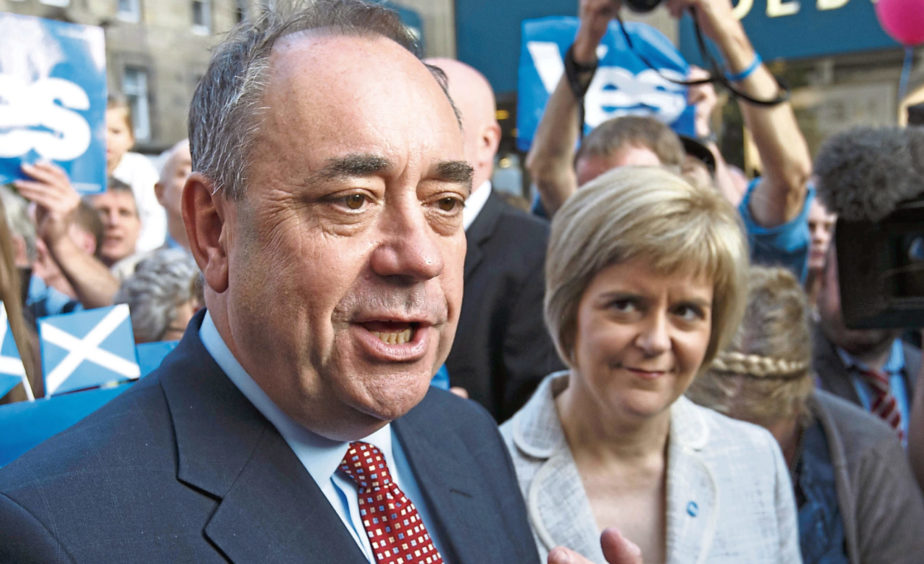 © Robert Perry/EPA/Shutterstock
© Robert Perry/EPA/Shutterstock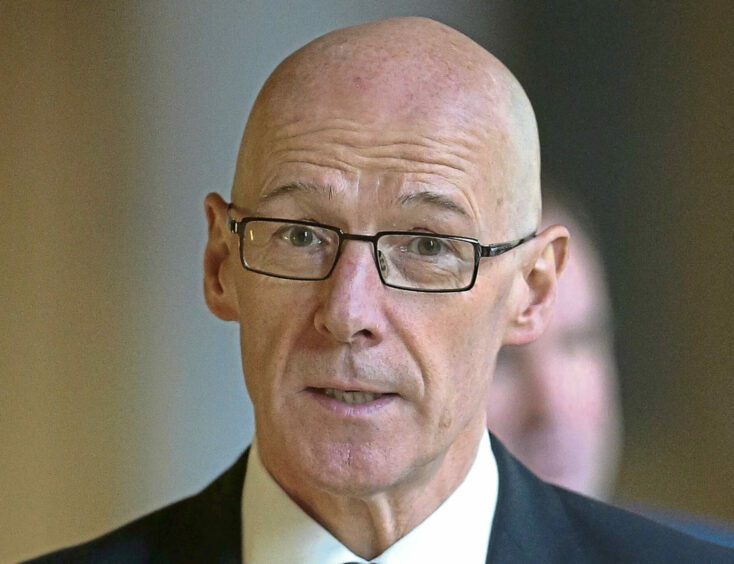 © PA
© PA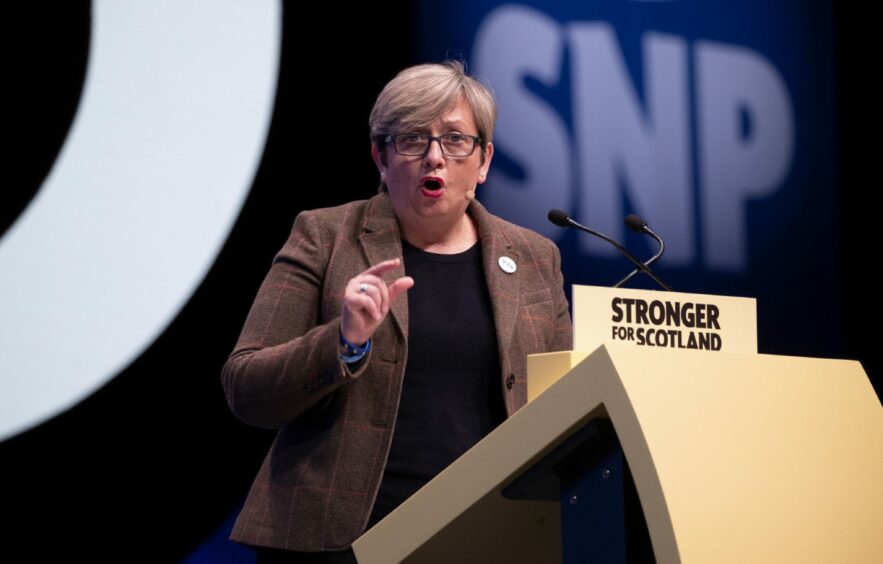 © Jane Barlow/PA Wire
© Jane Barlow/PA Wire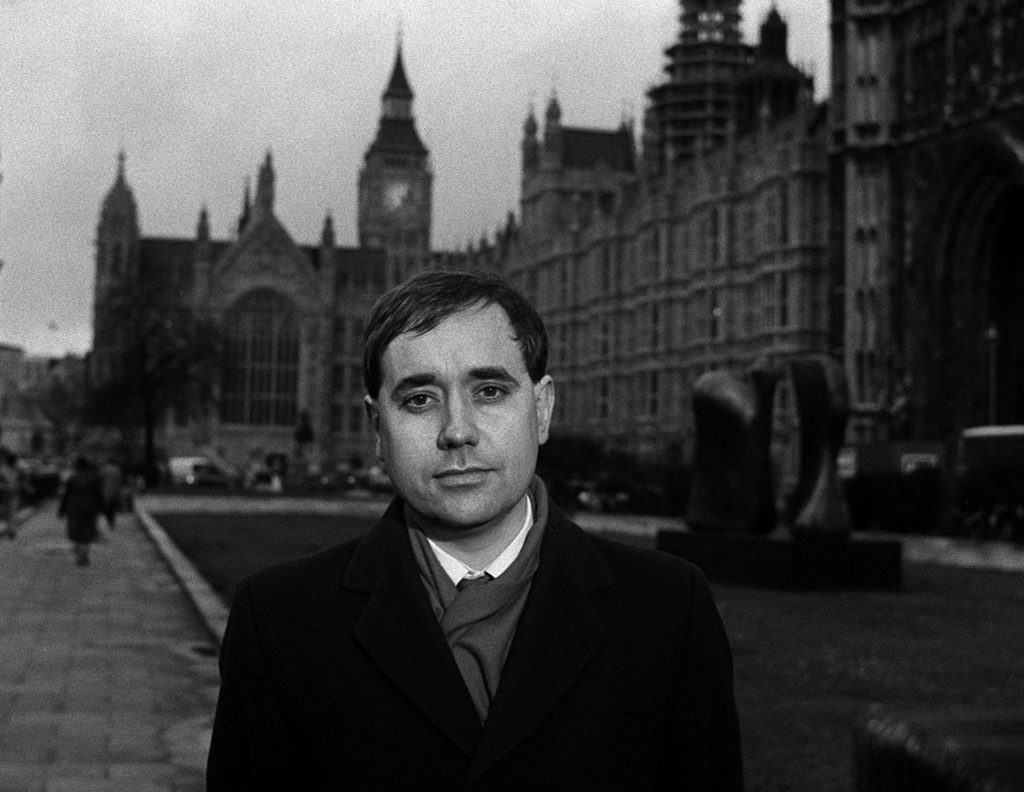
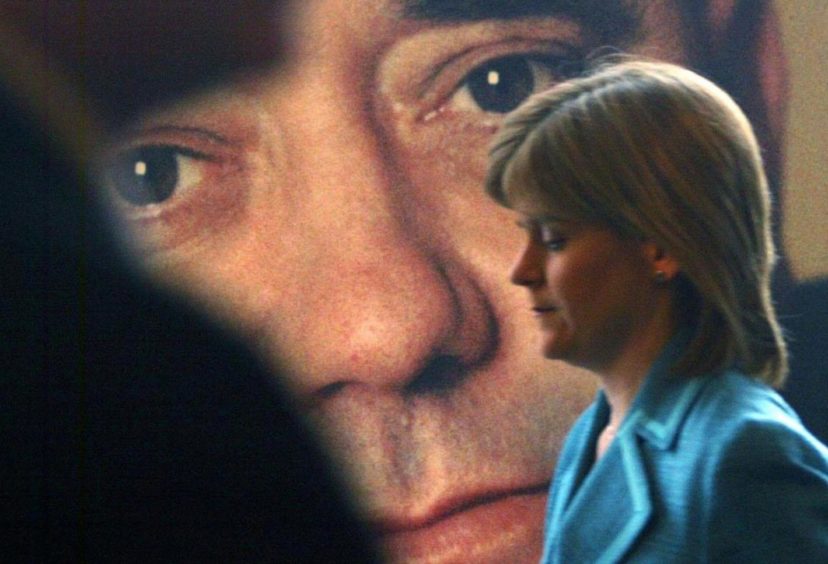 © PA
© PA